Release of the Australian Aboriginal and Torres Strait Islander health survey: first results, Australia, 2012-13
Current topicThe Australian Bureau of Statistics (ABS) has released the Australian Aboriginal and Torres Strait Islander health survey: first results, Australia, 2012-13. The survey provides a platform for a range of new research into health determinants and patterns, supporting critical assessment of progress in ‘closing the gap’ in health outcomes between Aboriginal and Torres Strait Islander people and non-Indigenous people.
The survey focuses on long-term health conditions, health risk factors, selected social and emotional wellbeing indicators, health measurements and health-related actions, and includes Indigenous people living in both remote and non-remote areas.
The survey expands on the information collected in previous Indigenous health surveys conducted by the ABS, and includes:
- estimates of the prevalence of certain chronic diseases, conditions, and selected behavioural risk factors (including physical activity)
- objective measures of selected chronic diseases, nutrition status and other risk factors which can be combined with self-reported data about health status and conditions (e.g. diabetes)
- health risk factors and outcomes for different population groups of interest, such as different age-groups and people living in remote and non-remote areas.
Some of the key findings of the survey include:
- after age-adjustment, Indigenous people aged 15 years and over were around half as likely as non-Indigenous people to report excellent or very good health (rate ratio of 0.6)
- in 2012-13, one-in-six (18%) Indigenous people reported having asthma
- in 2012-13, around one-in-eight (12%) Indigenous people reported diseases of the ear and/or hearing problems
- rates for diabetes/high sugar were between three and five times higher for Indigenous people as those for non-Indigenous people in all age-groups from 25 years and over
- in 2012-13, 41% of Indigenous people reported daily smoking, which was lower than the levels reported in 2008 (45%) and 2002 (51%)
- in 2012-13, 60% of Indigenous men aged 18 years and over had a waist circumference that put them at an increased risk of developing chronic diseases, while 81% of Indigenous women had an increased level of risk
- between 2001 and 2012-13, consultation rates for general practice/specialist and dental professionals have remained largely unchanged.
Source: Australian Bureau of Statistics
- Further information:
- View report: HealthInfoNet Bibliography
- View contents: Australian Bureau of Statistics
- Survey reveals health challenges for Australian Aboriginal and Torres Strait Islander peoples
View media release: Australian Bureau of Statistics (27 November 2013) - View website: Australian Bureau of Statistics
- Contact details:
- Australian Bureau of Statistics, ABS House, 45 Benjamin Way, Belconnen ACT 2617, Locked Bag 10, Belconnen ACT 2616, ph: 1300 135 070.



